
Leveraging the Power of Biology for Manufacturing: Ginkgo Bioworks Raises $275 Million in Series D Funding
Leveraging the Power of Biology for Manufacturing: Ginkgo Bioworks Raises $275 Million in Series D Funding
Earlier today, Ginkgo Bioworks, the organism company, announced a new fundraising of $275 million from both existing and new investors. This money will be used to further their ability to genetically engineer novel organisms. For more information on what the money will be used for, why traditional industries are increasingly interested in leveraging the power of biology, and how you can work with Ginkgo to engineer your organism of choice, check out this interview with CEO Jason Kelly by SynBioBeta contributor Calvin Schmidt:
Congratulations on your new fundraising round. This is quite a large investment, what will you be using the money for?
We’re also announcing that we are opening our new foundry, Bioworks 3, and we have plans for Bioworks 4 and 5, so this capital lets us add more scale to the automated infrastructure at Ginkgo. This is all flexible space that we will use for the engineering of new microbes. In addition, we will keep printing a lot of DNA. We acquired Gen9 back in January and announced a billion base pair deal with Twist at SynBioBeta. We want to get that DNA into cells characterize their performance, and iterate on the next round of design.The other thing it lets us do is keep pushing into new markets. We announced a $100 million joint venture with Bayer CropScience back in October that was our first big project in agriculture and then we announced last week our partnership with Synlogic to engineer gut microbes for use in human therapeutics that is our first activity in pharmaceuticals. We’d love to do more in pharma, more in agriculture, and eventually move into more industries after that.
This round includes a number of traditional tech investors. What are they seeing in biology that is so interesting to them?
Many people hold this view of a “traditional” technology investor that is focused on information technologies and doesn’t look anywhere else. In reality, they are primarily focused on producing outsized returns and looking for the fastest growing technology companies. Many of these investors believe, and I agree with them, that synthetic biology will be the next quickly growing technology sector, and that Ginkgo is one of the most advanced companies in the sector.
Can you discuss any the new areas that Ginkgo is moving into?
Really, we are agnostic as to where synthetic biology technologies can be best applied. We are partner-driven in our focus, as our goal is to build a platform upon which a wide range of biological products can be developed. Think of us like the Amazon Web Services of biology. We are not pursuing any specific application, but are making it easier for anybody to engineer biology using our platform. We are especially interested in working with startups who have an interesting application of synthetic biology in mind, but might not have the space or equipment to develop it.
At what stage should these startups approach you?
Their idea should have some proof-of-concept data, which could be from an academic lab or from early work done in environment like IndieBio or Y Combinator. They should come to us while they are planning their next moves and looking at fundraising. Then they can go to potential investors and say “With your money, we can leverage Ginkgo’s platform and create value far beyond what we would produce if we built out a lab ourself”. One of the primary reasons that fewer synthetic biology startups get funded is because it requires such a huge capital outlay to set up and run a lab. We want to bring the cost and time of developing a new application down.
Why are so many large companies suddenly taking an interest in biology?
That’s a good question. If you look at the cost of engineering biology, it has fallen dramatically in the past few years and will continue to fall in the future. This falling cost of development has opened up entirely new markets for biology to work in. In addition, they see a comparison to be made with the revolution in computing. As computation advanced, it disrupted every industry that dealt with information. Biology is similar, but for the physical world. When biology becomes programmable, it has the potential to disrupt any industry that works with physical materials. That’s a lot of markets.
What are some new spaces that biological technology will be disruptive in?
I think you can really see an example of the broad range of applications during this year’s SynBioBeta. There is some very interesting work going on in foods with the development of animal proteins or in textiles. One application we are excited about is the ability to engineer living medicines. Even today, most of our therapeutics are small molecules or single proteins, which are pretty blunt tools for improving human health. This is why we are excited to work with Synlogic on developing the microbes that can act as living medicines.To be honest though, I can’t predict exactly which areas biology will be disruptive in. There is likely a number of very interesting applications that nobody is yet working on. This is why we are so interested in partnering with new companies to enable whatever new technology they are envisioning, and why entrepreneurs who need an engineered organism should come talk to us.
You had quite the year last year, including several large announcements at SynBioBeta. Can we expect more surprises in 2018?
I certainly hope so, and we’ll be working hard to make that happen.



.svg)





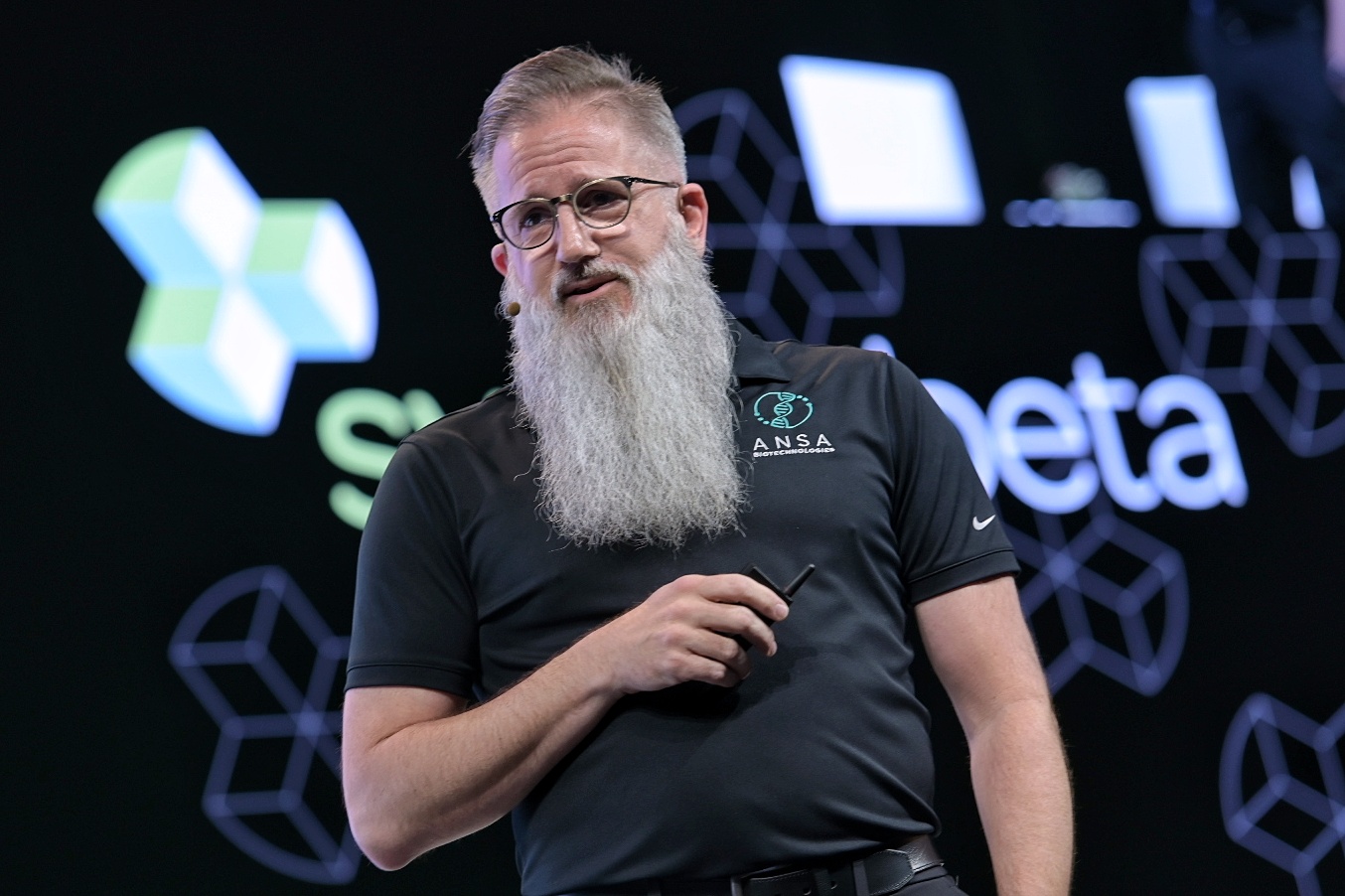
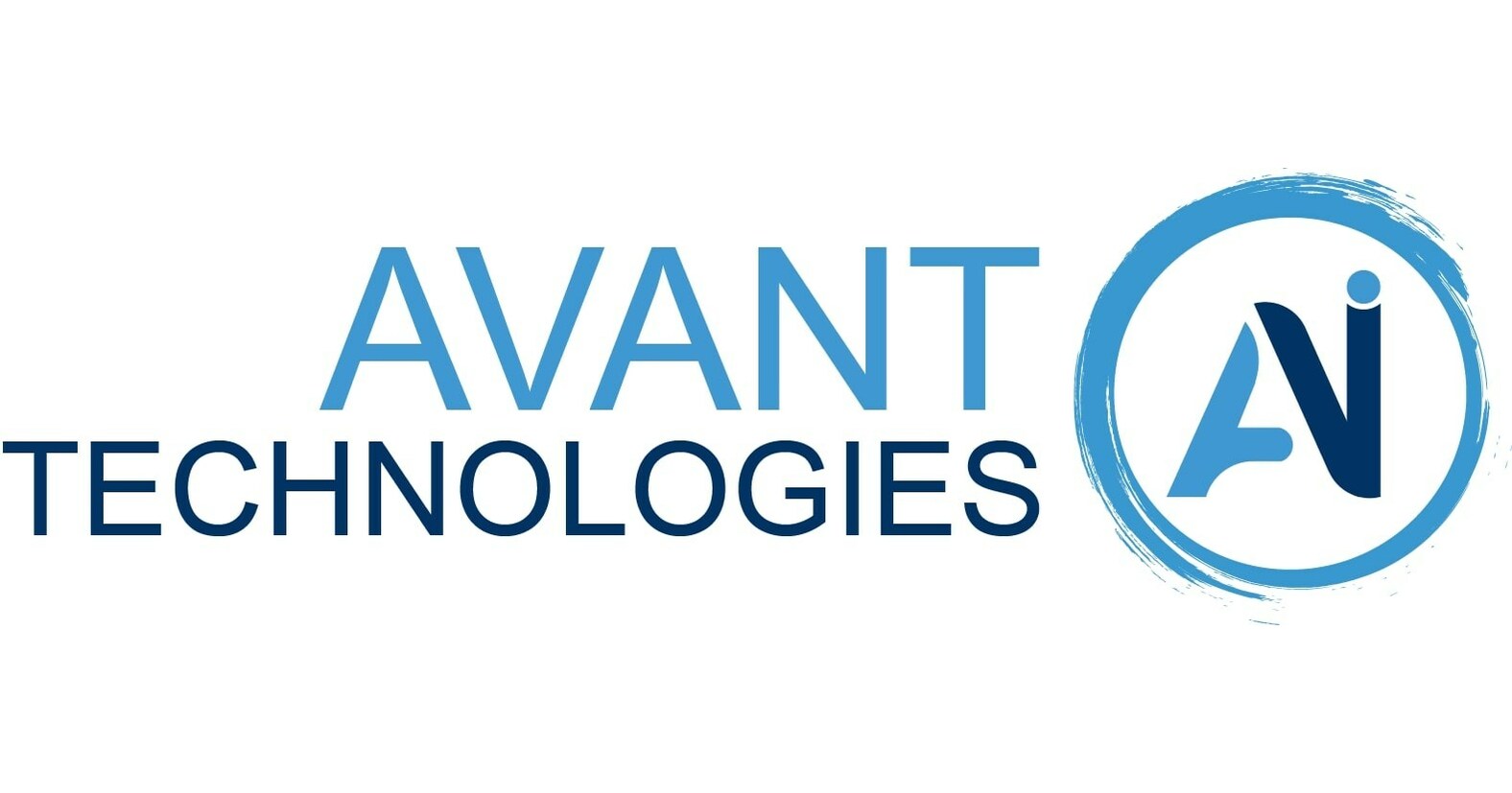
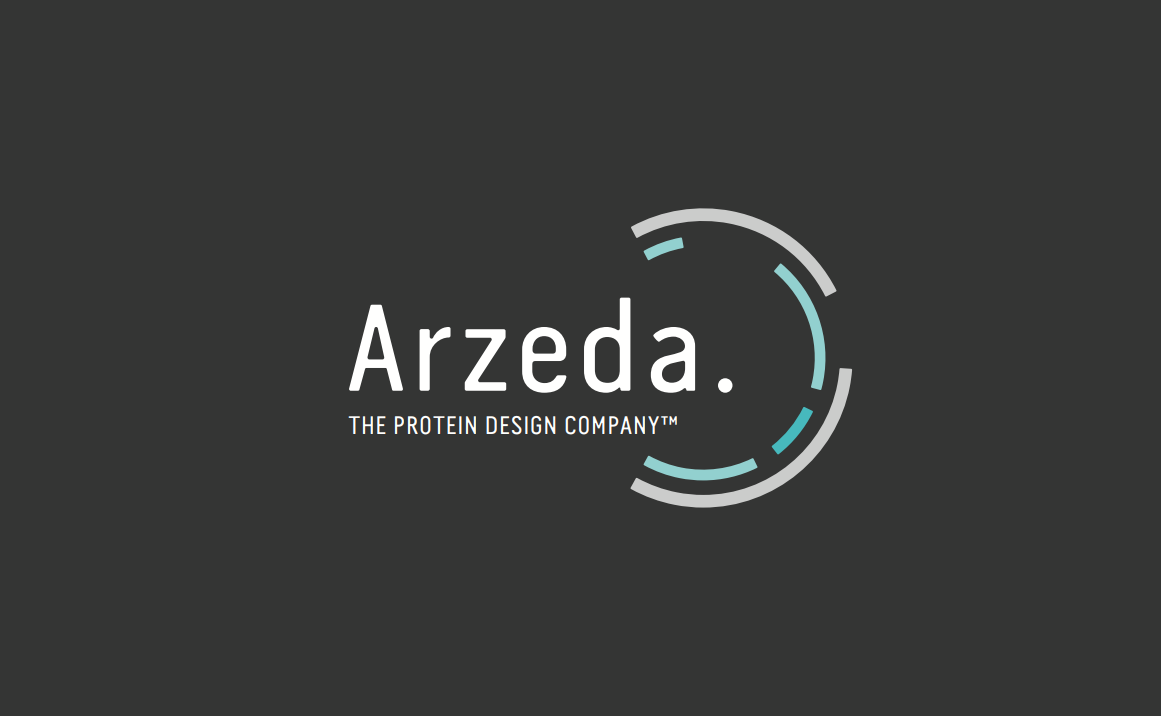
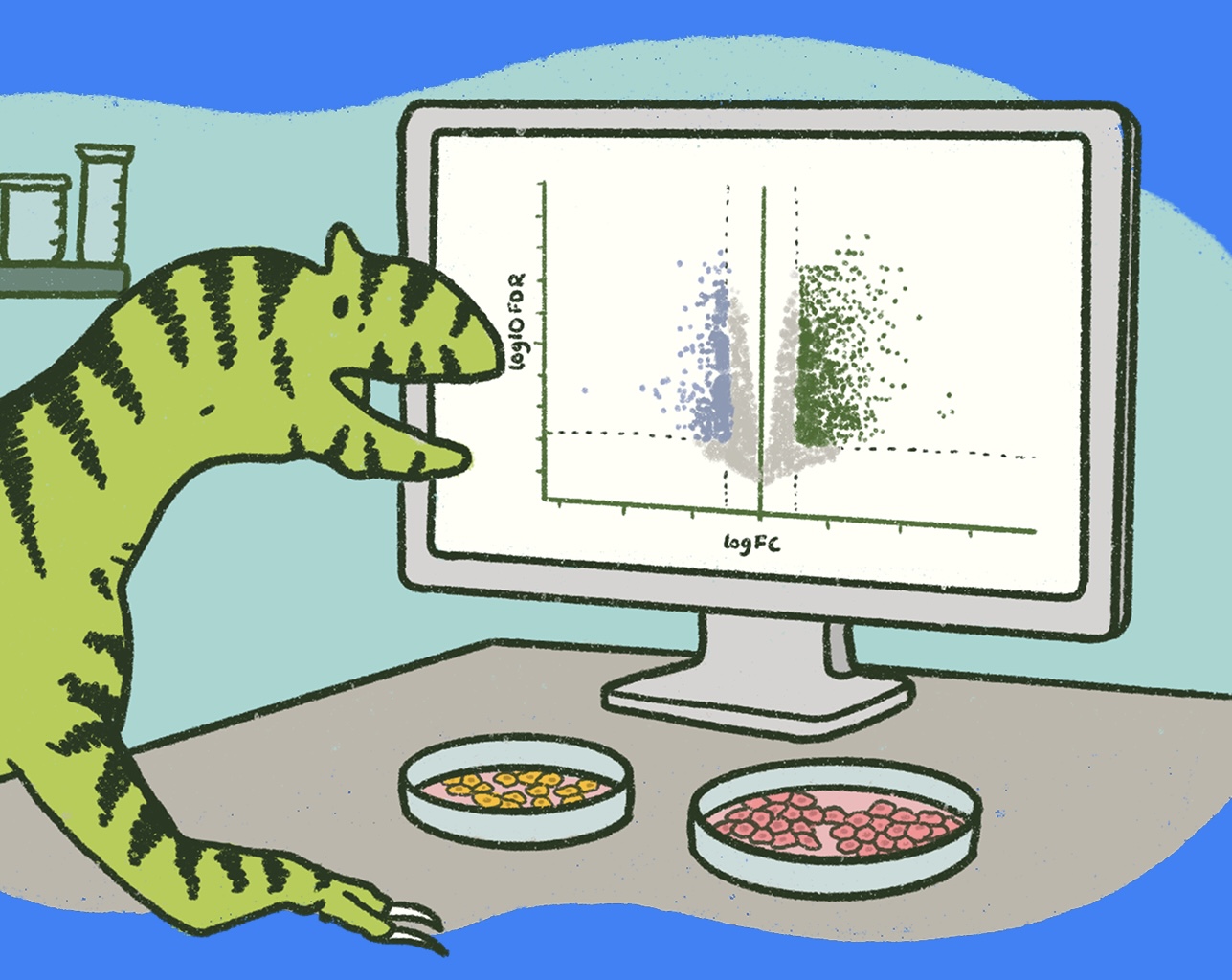
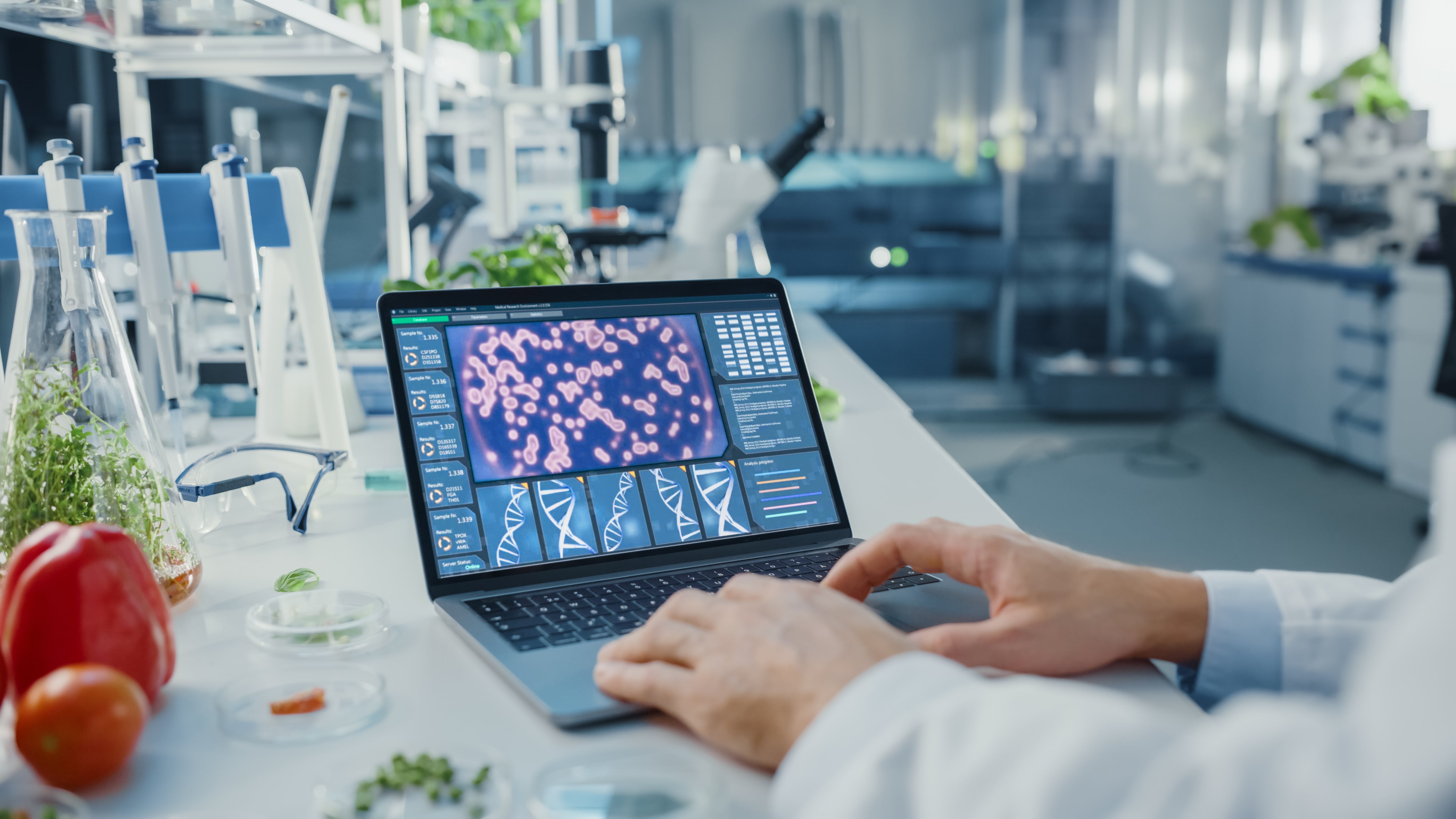
-min.png)
.gif)